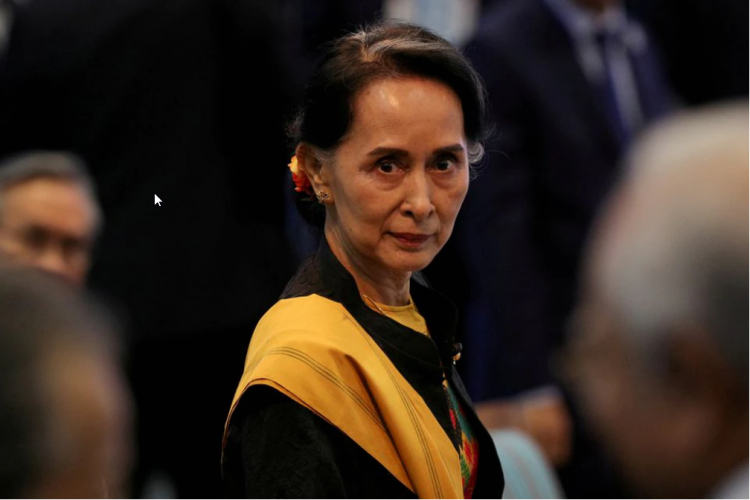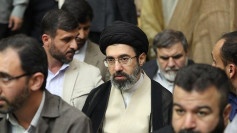In the face of mounting international pressure to comply with a regional peace plan agreed upon in April, Myanmar's ruling military stuck by its decision to deny access to the country's incarcerated former leader Aung San Suu Kyi to a delegation from Southeast Asia on Wednesday.
As Vice-Senior General Soe Win, the second in command of the military coup that ousted Suu Kyi's democratic administration in February, claimed that granting foreigners access to someone accused of crimes was against Myanmar's internal law.
"I believe that no country will permit anyone to go beyond the existing law in this manner," he stated in a speech quoted by Reuters and broadcast on state television.
His words follow last week's virtual Asian leader summits hosted by the Association of Southeast Asian Nations, which Myanmar boycotted in protest at junta leader Min Aung Hlaing's exclusion for failing to uphold the peace agreement with the United States.
It deemed this a violation of the ASEAN's code of consensus and non-interference, and it declined to send junior representatives.
Soe Win said the claim of non-compliance was unfounded, and the April agreement with ASEAN was subject on Myanmar's "current internal circumstances" being taken into consideration, with the envoy's access to the nation "depending on internal stability."
Soe Win's answer was presented during a virtual meeting of ASEAN auditors held on Tuesday afternoon.
During last week's Asian summits, Soe Win claimed demands on Myanmar were "found to be suspicious of violating ASEAN solidarity."
The military junta has struggled to manage Myanmar since the coup, and it has faced armed resistance from militias and ethnic minority rebels who are aligned with a shadow government that it refers to as "terrorists."
The military junta has struggled to manage Myanmar since the coup, and it has faced armed resistance from militias and ethnic minority rebels who are aligned with a shadow government that it refers to as "terrorists."
Since the military takeover Myanmar has been plagued by mass demonstrations, strikes, and other forms of violence.
The United Nations has been accused by the junta of bias in citing a local monitoring group that more than 1,200 civilians have been killed by security forces.






